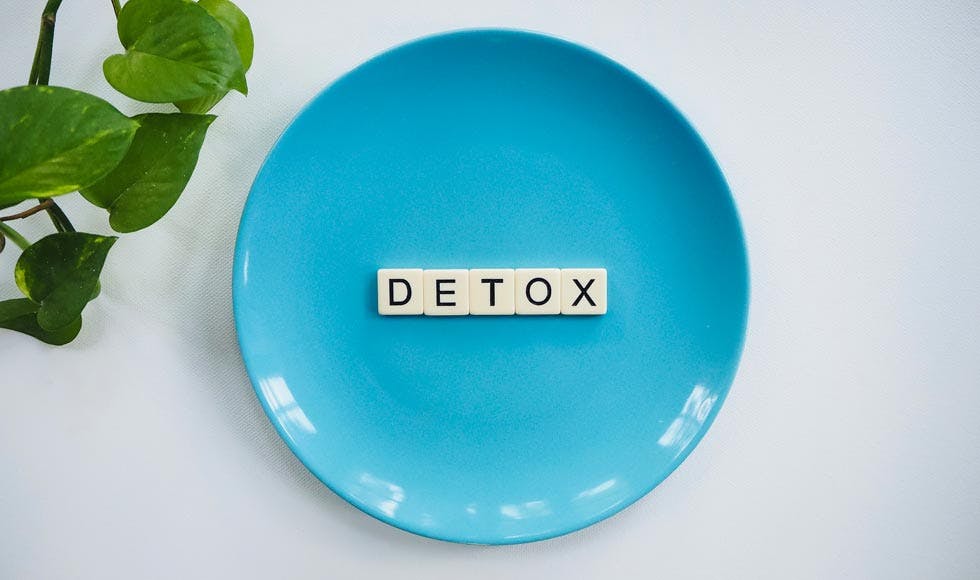Why is food connected with comfort?
From a very young age, we link food with pleasurable emotions such as nurturing, affection, enjoyment and reward. When some people experience negative emotions such as sadness, guilt or frustration, this can trigger a "craving" or a desire to find comfort from food.
In times of stress, people eat in response to how they feel, and unfortunately, health takes a back seat. This makes it hard to resist comfort foods such as chocolate, ice cream, biscuits, cakes and pastries. Emotional stress also triggers the release of the hormone cortisol, which can increase your hunger levels.
Although the circumstances and responses to comfort eating will vary from person to person, emotions can trigger eating behaviour that spirals out of control.
When does comfort eating become a problem?
Eating for comfort is a common behaviour, and the occasional indulgence shouldn't do you any harm. However frequent emotional eating can become a serious problem. If you answer yes to two or more of the following questions, comfort eating is likely to be having an impact on your diet, and it would be wise to take steps to control it.
- Do you seek out food when you're feeling stressed or upset?
- Do you eat when you're not physically hungry?
- Do you eat until you feel uncomfortably full?
- Do you ever eat alone out of embarrassment because of large portions, or the type of food consumed?
- Do you experience feelings of guilt or self-loathing after overeating?
- Do you eat when you're bored?
- Have you ever had friends or family show concern over your eating habits?
The science of (un)happy snacking
Food acts as a distraction from emotional issues, but it won't solve the problem. Gaining control over stress is a vital step in managing comfort eating. According to a recent study published in the Journal of Social Psychology, it's during times of stress where people find it hard to resist unhealthy temptations. Researchers found that during periods of high stress, subjects ate less healthy foods, drank more high-caffeine drinks and slept less. Stress appeared to cause a relapse in behaviors that were previously under control.
When stressed, people could only cope with so much, and were particularly vulnerable to a loss of self-control. If you are vulnerable to stress induced comfort eating, try not to take on too much at once, and develop stress management skills that can help you to cope better when you are feeling overwhelmed.
How to outsmart comfort food cravings
Increase your awareness of the reasons why you eat, and look for non-food related ways to cheer yourself up, or relieve stress.
B is for beat it
B vitamins can be particularly helpful in helping your body cope with stress due to the support they lend your nervous system. B5, for example, has traditionally been tagged the ‘anti-stress vitamin'.
Naturally helpful
Other natural ingredients with stress busting effects include calcium, which aids nerve function, magnesium, which has muscle-tension relieving properties, and potassium, as it aids mental clarity.
Also make sure you're getting enough zinc and iodine, two of the most common mineral deficiencies affecting energy, advises Dr Mark Donohoe.
Zen time
Make time for things that help you unwind, which may include yoga, massage, light exercise, reading or meditation. Get rid of an old habit (comfort eating) by replacing it with a new habit (relaxation technique).
Nourish and refresh
It's also important to nourish your body. Fluctuating blood sugar levels can often trigger food cravings. Healthy foods stabilse your blood glucose levels, boost your energy levels, and help your body cope with stress.
Eat plenty of foods with minimal processing such as fruit, vegetables, lean meats and low glycaemic index carbohydrates. In addition, the mineral chromium3 helps reduce hunger and prevents cravings for fat. It can be found in foods such as beef, liver, and eggs, or in supplement form.
References available on request






